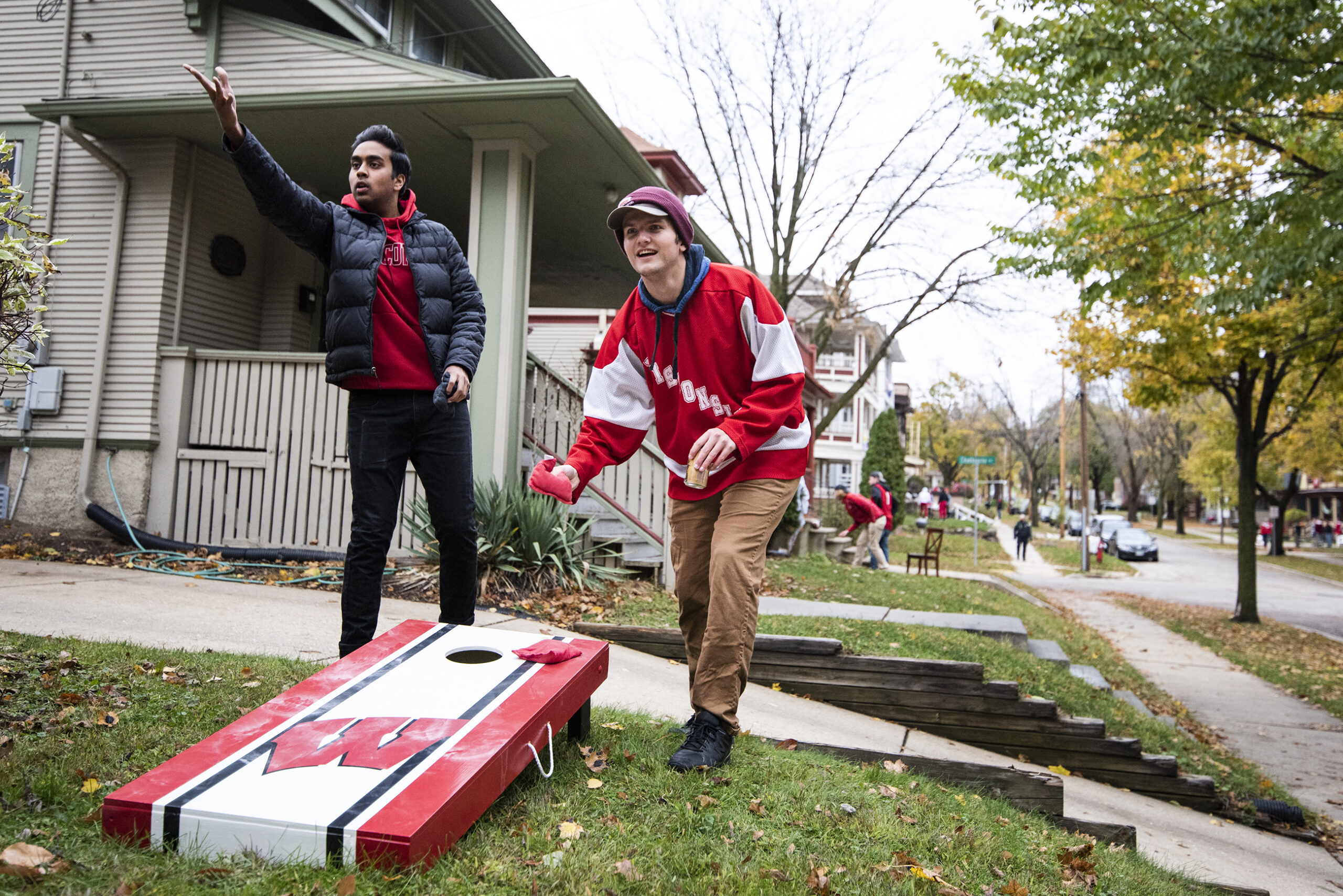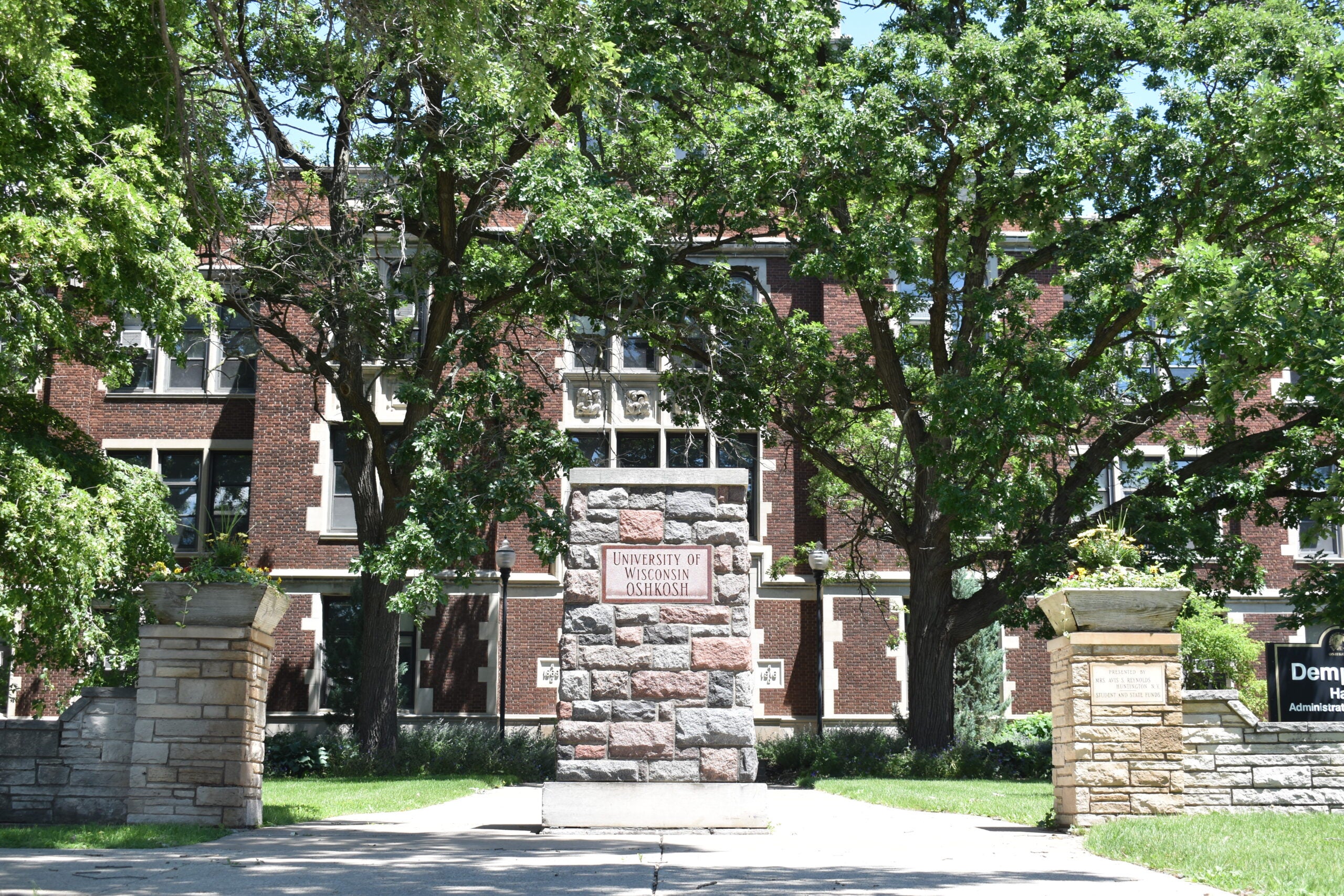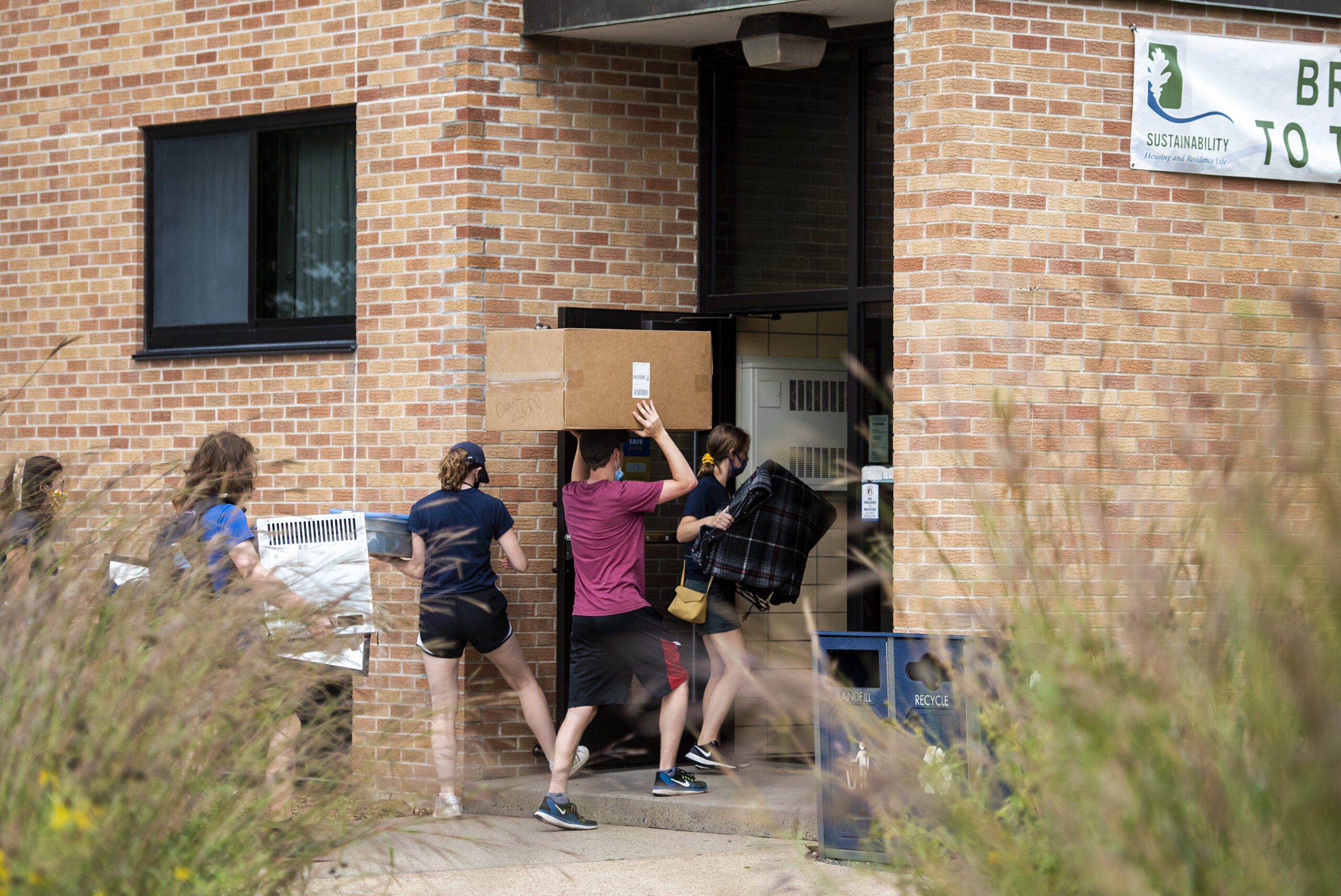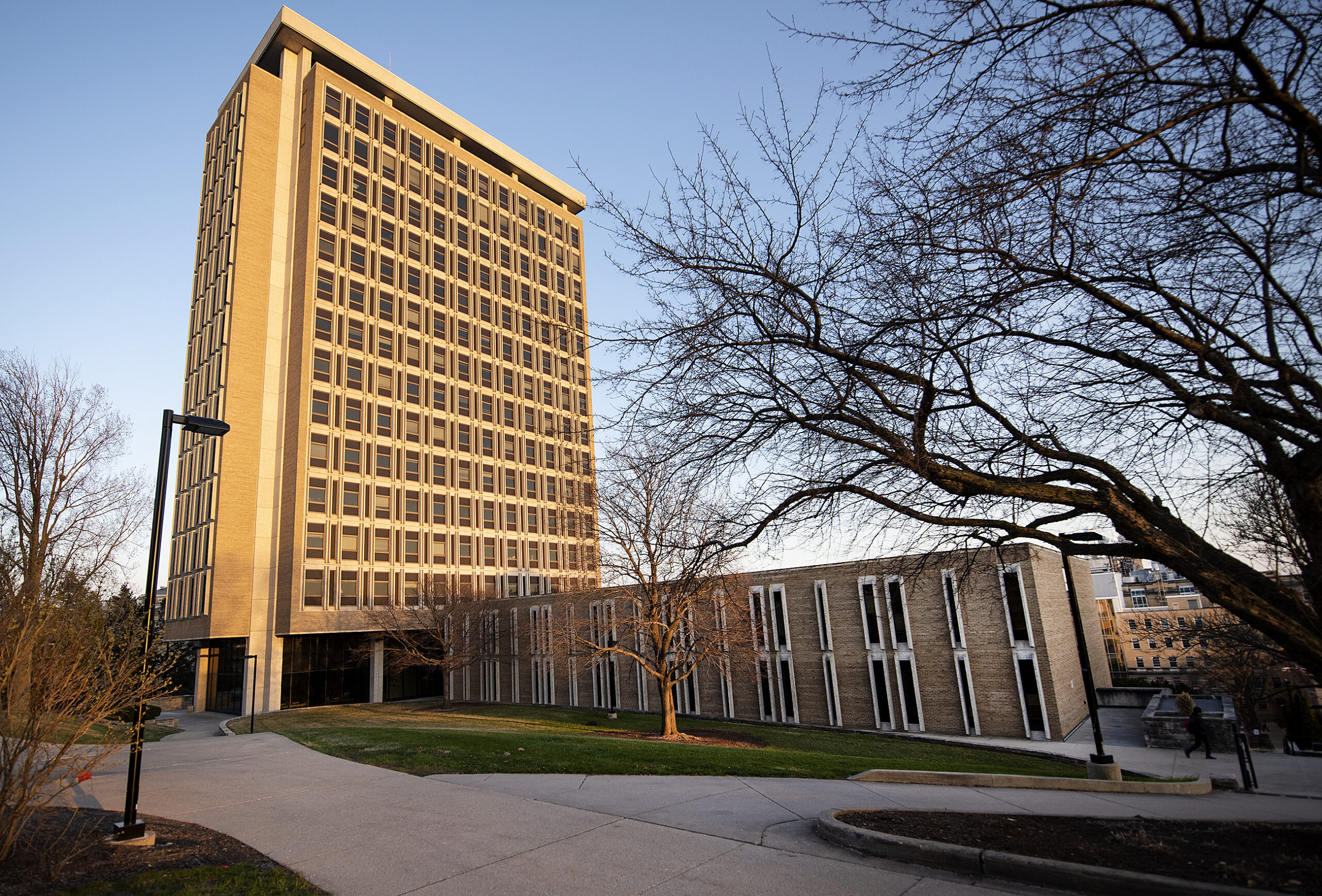For years, national surveys of students and families have shown the cost to attend college heavily influences where high school students choose to enroll.
Educators in Wisconsin have taken that seriously.
The University of Wisconsin-Madison launched Bucky’s Tuition Promise in 2018. The program covers a student’s tuition for four years if the family has a household income of $65,000 or less.
Stay informed on the latest news
Sign up for WPR’s email newsletter.
Funding for Bucky’s Tuition Promise comes from private gifts and other institutional resources.
The program was a success and has since been replicated. A Wisconsin Tuition Promise extended Bucky’s promise system-wide, and a the Milwaukee Tuition Promise launched in 2024.
But finding the money to pay for students’ tuition has been an issue.
Promise program discontinued, reduced because of funding
The Wisconsin Tuition Promise program was launched in fall 2023, using money from the existing budget. The program covered tuition for students from families earning $62,000 or less.
But the program was discontinued for the 2024-25 school year because the Universities of Wisconsin said it did not have the money to keep it going.
The Wisconsin Tuition Promise will be brought back in fall 2025 and paid for with a $5 million grant from Madison-based Ascendium Education Group. The family income threshold has been lowered to $55,000.
The Universities of Wisconsin plans to ask the state Legislature for an $855 million funding boost in the 2025-27 biennium budget.
Doing so would fund the promise programs.

The Legislature has refused to fund tuition promise programs in the previous two legislative sessions.
UW system President Jay Rothman told reporters Aug. 19 they are trying to do everything they can do to support students of lower socioeconomic means to attend a state university.
Rothman said he hopes the Legislature will see the value in these programs and fund them.
“We’re asking the state to do it, and to do it on an ongoing basis,” Rothman said, “helping lower- to-middle-class students in our state have the opportunity of coming to one of our universities and the benefits that will offer them for their careers.”
The budget proposal, approved by the Board of Regents at the end of August, expands coverage to any Wisconsin student whose families earn $71,000 or less.
The tuition promise dollars will be applied after all other scholarship and grants have been exhausted.
It is estimated that 5,000 students will be served, excluding UW-Madison, in the first two years, at a cost of about $40 million over the biennium.
After the initial investment, it will cost about $28 million annually to continue the Wisconsin Tuition Promise, according to budget documents.
“It’s not only an individual benefit. It’s a benefit to society,” Rothman said about the promise programs.

UW-Milwaukee launched its own promise
The Milwaukee Tuition Promise program covers students whose families earn less than $62,000 annually or independent students who earn less than $31,000 per year.
The program supports more than 1,000 students for four years at UW-Milwaukee.
The university pays for its program using a combination of operating budget and gift funds, said Kay Eilers, UW-Milwaukee associate vice chancellor for enrollment management.
“The Milwaukee Tuition Promise can be the deciding factor in someone attending or not attending college, and that’s why it’s so important,” Eilers said. “One of UWM’s missions is making higher education accessible to all, and continuing this program means more opportunities for Wisconsin students.”




